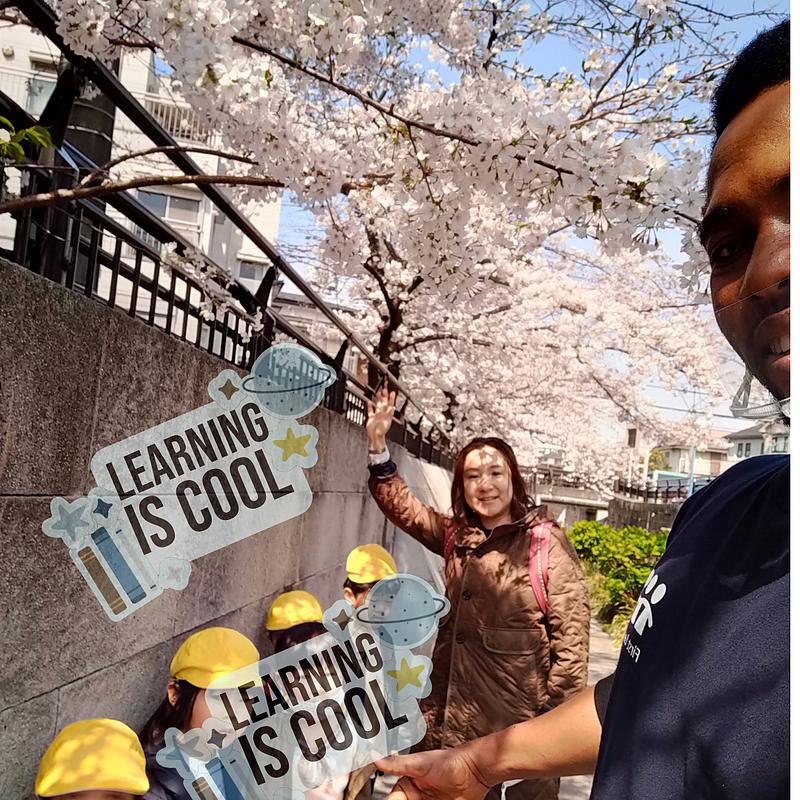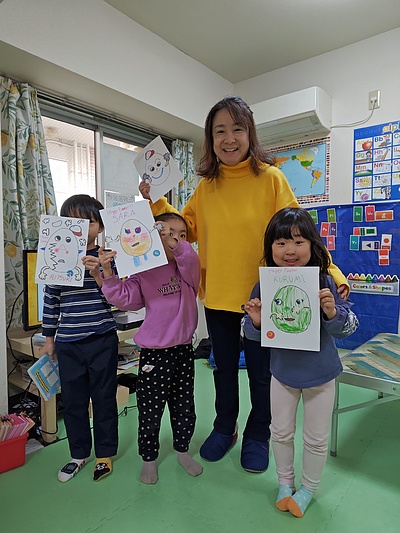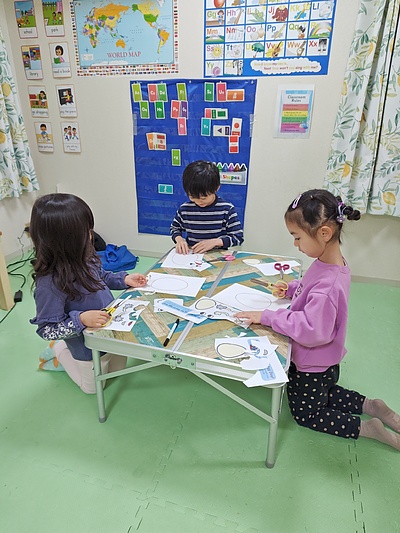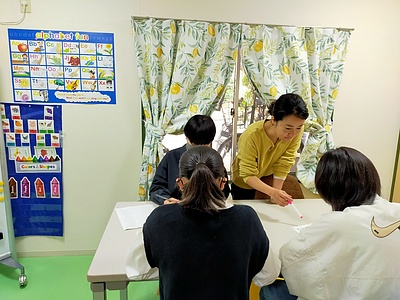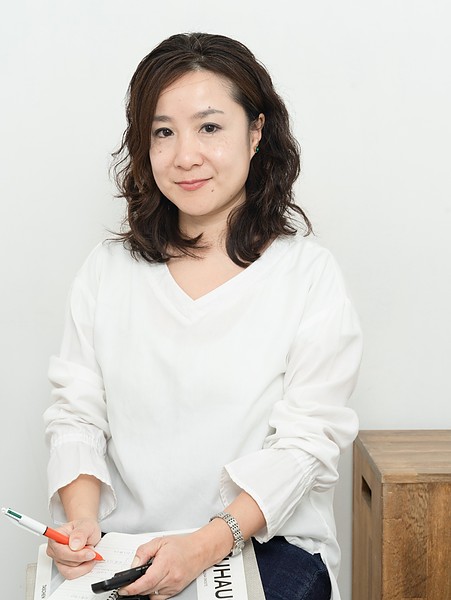教育相談のブースを出します
Now I’m working as self-employee, but until when I started my own business last year, I had been working in an international kindergarten and a preschool in Kanagawa. Both facilities run by Japanese companies.
There were many foreign teachers and carers teaching kids every day.
Taking care of very young aged children are not easy, in other words so exhausting job for everyone. But most of the time, children are adorable, active, and they make us feel joy to help them grow up.
Lots of native teachers working there were mostly young, kind, cooperative and had enthusiasm for educating children.
I think those people were enjoying working there, though sometimes their jobs were hard. For me, being there as a bilingual staff, it was a great experience to work with them, with many children.
However, those companies or schools have a common issue.
That is, to find and keep native teachers continuously.
Many of those companies are recruiting teachers through years since some teachers leave / quit soon.
For being a trusted facility, companies need to layout people to care children, so teacher shortage is a problem. Especially in facilities providing bilingual education, the lack of native teachers is a big problem.
For those who leave the school, there are various reasons for leaving, but we can assume that one of them is the low salary.
In general families in Japan, while there are some families they don’t hesitate to pay fees for English and other education, there are still few families that spend money and time on English education.
The compulsory education system in Japan is excellent, but it alone doesn’t equip students with genuine English skills. It’s important for children to acquire at least a basic proficiency in English, but it is difficult in the current Japanese environment, and enhancing facilities that provide such opportunities is also a significant issue.